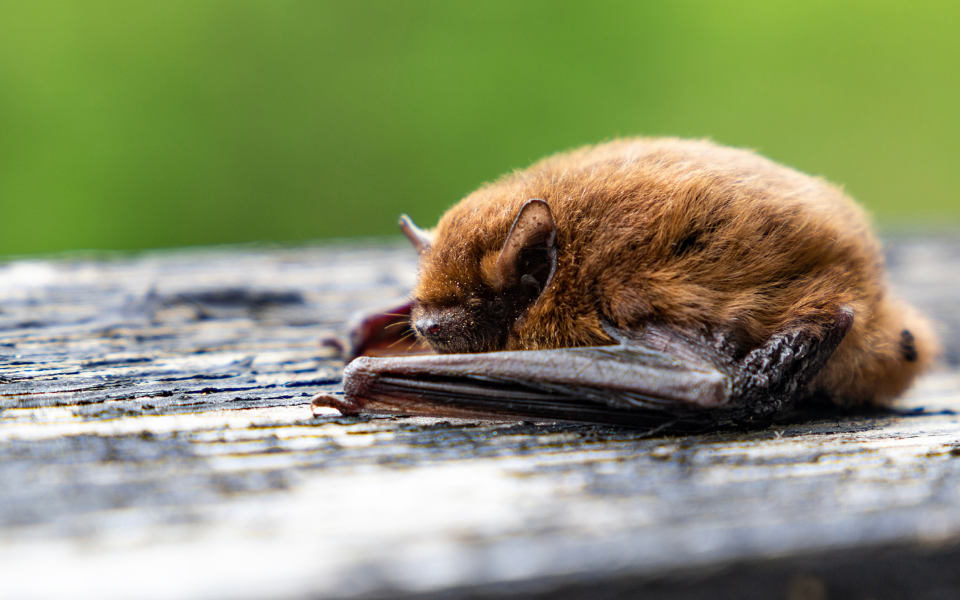11 Jun 2025
Bats living in the roof of a historic Lincolnshire building have been safely rehomed as part of a sensitive restoration project being carried out by Lindum Group on behalf of Acis Group. Market Rasen House, also known as ‘The Grange’ was built in 1891, and the transformation of the building is already underway.
Before the work could start on transforming Market Rasen House, surveys showed that Pipistrelle bats were living in the building’s roof space. Pipistrelle bats, the UK’s smallest and most widespread bat species, are a vital part of our natural heritage. With their rich brown fur, blackish face and wings, and tiny size, each one small enough to fit inside a matchbox, they play a big role in controlling insect populations, devouring up to 3,000 midges in a single night. Their populations have suffered due to habitat loss, but thanks to legal protections introduced in 1981 under the Wildlife and Countryside Act, over 1 million Pipistrelle bats are now thought to live across the UK. By safeguarding these remarkable creatures, we’re helping to maintain the delicate balance of our ecosystems for future generations.
Lindum Group are undertaking the transformation of Market Rasen House, and they worked closely with Estrada Ecology, who are specialists in wildlife management planning that allows the building work to start at Market Rasen House whilst keeping the bats safe.
Estrada Ecology quickly got to work, installing specifically designed bat boxes in the roof to provide a suitable home for the bats whilst the redevelopment works began. Lindum Site Manager, Carl Allan said: “It’s not every day you start a construction job with a wildlife relocation plan, but it’s something we take very seriously. Bats are an important part of the ecosystem and they’re protected by law, so we knew we had to make sure they were looked after properly. We brought in ecological experts to guide us through the process, and the new bat boxes have given them a safe space to move into without affecting the schedule of the project.”
Bats living in older buildings is quite common, and contractors working on Grade two listed sites must follow strict guidelines as part of their planning process.
The restoration of Market Rasen House, carried out by Lindum Group on behalf of Acis Group, will see the historic building converted into 10 apartments for adults with learning disabilities, physical disabilities, and those who are autistic. The wider scheme also includes improvements to the surrounding green space that will benefit the local community.
Claire Woodward, Director of Community Investment at Acis Group said “Our environmental footprint is important and we’re grateful the bats have been safely rehomed. Once complete, The Grange project will include horticultural and animal care activities, with sustainability of the green space being at the heart of this”
The bat-friendly approach is just one example of how collaboration helped provide a safe home for the bats, in line with our with our environmental and historical responsibility.

